Paul Robeson's Songs and Deeds Light the Way for the Fight Against Trump
The Guardian (UK)
 The great American radical showed how ordinary people mattered more than stars - a lesson today's celebrities could do with learning. These are strange times for popular music and politics. On the one hand, the opposition to Donald Trump now extends so deeply into the entertainment industry that the president struggled to find any real talent willing to play his inauguration.
The great American radical showed how ordinary people mattered more than stars - a lesson today's celebrities could do with learning. These are strange times for popular music and politics. On the one hand, the opposition to Donald Trump now extends so deeply into the entertainment industry that the president struggled to find any real talent willing to play his inauguration.

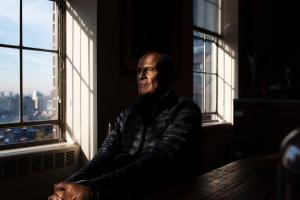
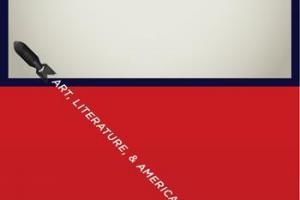

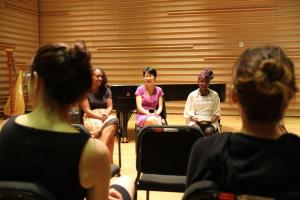

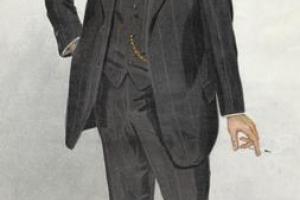
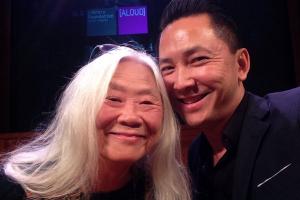
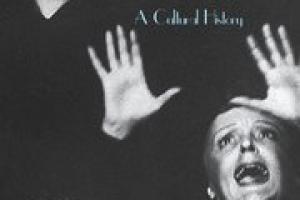

Spread the word